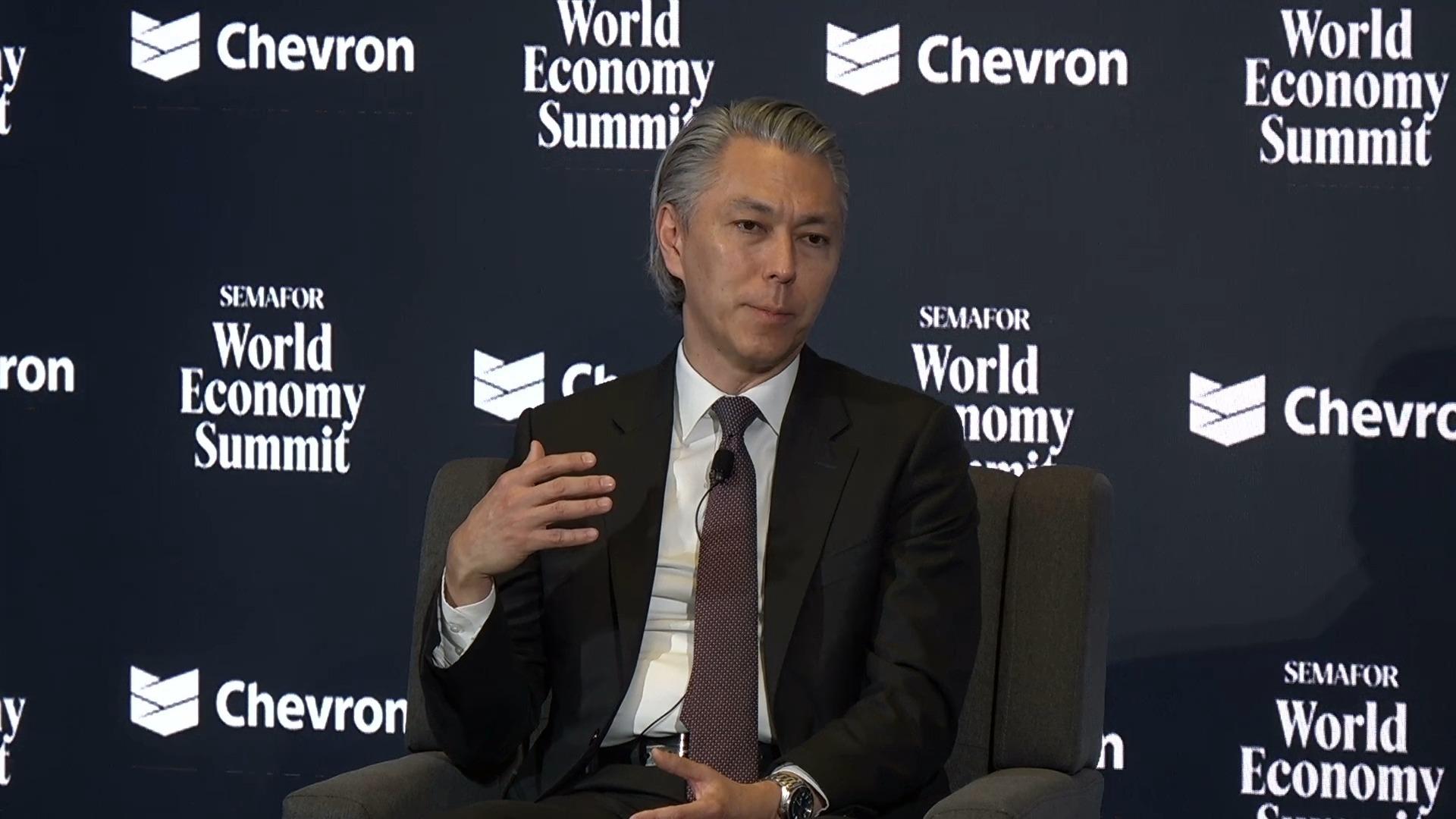The News
Mike Henry, CEO of BHP, the world’s largest mining company, voiced his concern on Wednesday about the impact of President Donald Trump’s tariffs on the industry, calling it a “vexed question.”
At Semafor’s World Economic Summit, Henry said that the threat of tariffs om critical mineral doesn’t help accelerate investments into mining projects that take years to develop.
Henry argued that the Trump administration’s efforts to reform the permitting process will be more effective in boosting the domestic mining industry. “Some of the things that are happening on the permitting front are likely to have much bigger impact in terms of getting projects progressed here,” he said.
“In my sector, these are particularly big, long term bets to get a new copper mine developed or a new corporate smelter developed,” he said. “Trying to do that on the back of a tariff can be hard.”
Henry noted that just 2-3% of BHP’s revenue comes from the United States, meaning the much bigger potential disruption to his companies is from “the impact of tariffs and counter-tariffs and … the general disruption of global trade and the effect of that can have on global growth.”
If the trade war starts to impact global growth, “that will most certainly weigh on commodity demand, and that will impact not just copper, it will be the whole basket of commodities,” he said.
In this article:
Know More
In addition to an executive order Trump signed in March intended to increase domestic critical minerals production, the Trump administration has slapped steep tariffs on all imports from China — a country that supplies the majority of the world’s critical minerals. The White House has also imposed goods-specific tariffs on steel and aluminum, while subjecting copper to a Section 232 investigation.
Henry said he continues to see “strong demand” for commodities in China, despite economic headwinds, as activity remains strong in the infrastructure, manufacturing, and automotive sectors, among others. “[A]s a result of that, we’ve seen the basket of commodity prices hold up reasonably well,” he said.
However, recent concerns about the future of global growth have put copper prices under pressure. If the pace of the world economic activity were to slow further, that would change things, Henry said.
The Semafor View

The energy transition is changing, not ending. Renewable and fossil-fuel production are at record highs. Clean energy is cheaper than oil drilling, and Big Tech’s appetite for power is growing exponentially. Investments into new fuel sources and green tech are unlikely to wind down any time soon, while countries are increasingly concerned with energy independence.

